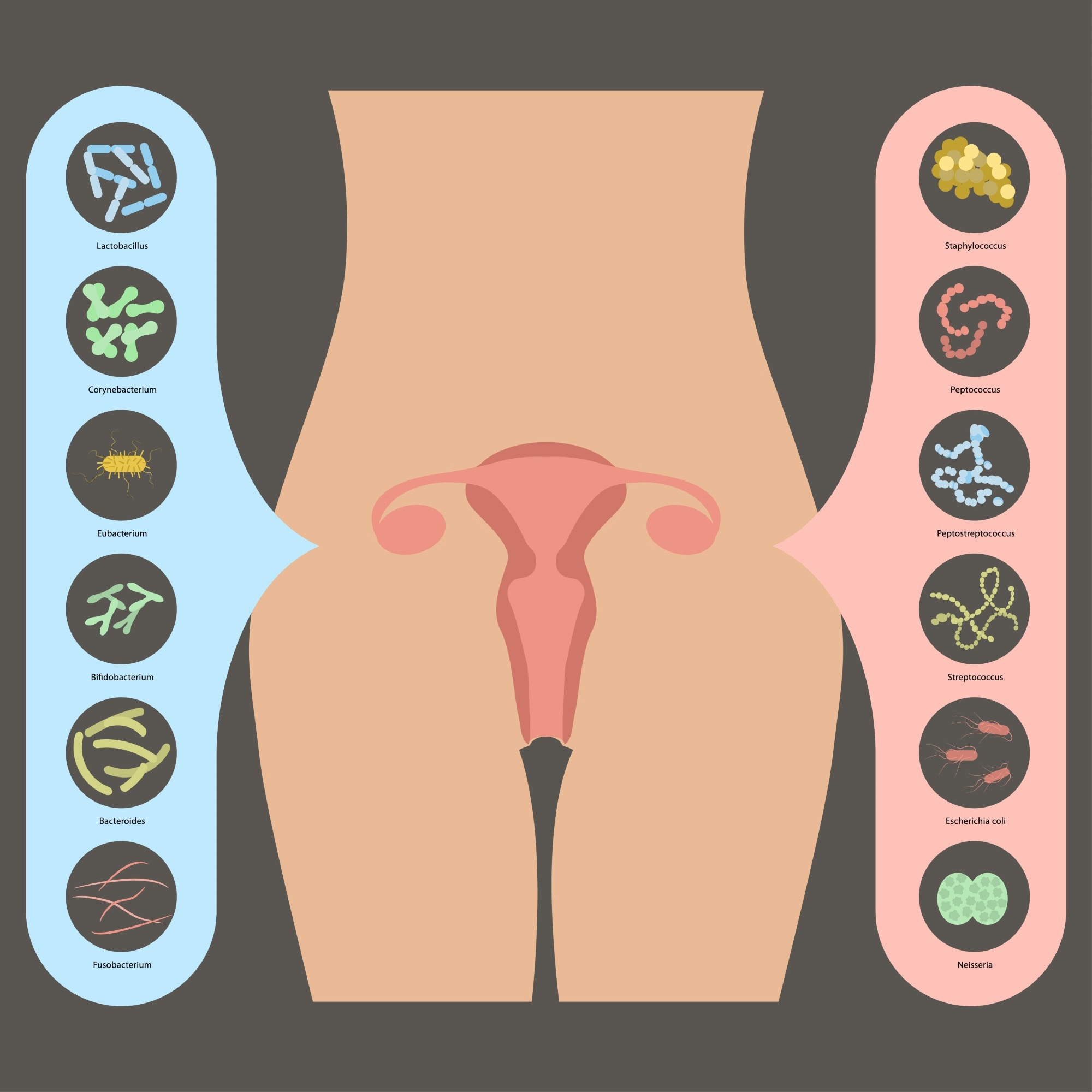Several factors, such as the type of bacteria that naturally colonize the reproductive tract, can influence pregnancy chances in IVF. “Good” bacteria in the form of probiotics are gaining popularity in the treatment of vaginal microbiota imbalances in women.

Image Credit: Tatiana Stulbo/Shutterstock.com
A new study has proven that probiotics do not enhance unhealthy vaginal flora when given to patients vaginally in the form of a daily capsule for 10 days before fertility treatment. There was no substantial difference between these women and the placebo group.
However, irrespective of whether people took a probiotic or not, more than a third (34%) of all women who participated in the trial improved between a month and three months later.
On this basic principle, the authors recommend that patients with an “unfavorable” vaginal microbiome reschedule fertility treatment until a normal balance is accomplished.
The results will be presented at the 38th Annual Meeting of ESHRE by principal investigator Ida Engberg Jepsen from The Fertility Clinic at Zealand University Hospital in Denmark. She believes that the “spontaneous” rate of development witnessed among patients may warrant a shift in approach to IVF timing.
The study indicates that administering vaginal lactobacilli probiotics may not improve a suboptimal vaginal microbiome.”
Ida Engberg Jepsen, Fertility Clinic, Zealand University Hospital
“However, a spontaneous improvement rate over a period of one to three months may provide the basis for an alternative therapeutic approach. The strategy would involve postponing fertility treatment until spontaneous improvement occurs, but further research is needed. The specific vaginal probiotic tested in this study had no effect on the favorability of the vaginal microbiome before IVF. But probiotics, in general, should not yet be discounted,” she added.
According to studies, women whose vaginal microbiota is ruled by lactobacillus, a genus of lactic-acid-producing bacteria, have a greater rate of pregnancy and live birth. Those who have an imbalance—or dysbiosis—in which the lactobacillus concentration is too minimal may have a lower chance of an embryo implanting in the uterus.
Around April 2019 and February 2021, the research was conducted at a university fertility clinic. 74 women who had been referred for IVF treatment were selected. All of them had an abnormal lactobacillus profile ranging from low to medium quality.
The women were assigned at irregular intervals to either get vaginal probiotic capsules (n=38) or a placebo (n=36). Following a 10-day course of probiotics, samples were taken to find the impact on the vaginal microbiome, and again during the successive menstrual cycle (on cycle day 21 to 25). A transition in the receptivity characteristics from low to medium, low to high, and medium to high was characterized as an advancement in the vaginal microbiome.
The vaginal microbiome was enhanced by 40% in the placebo group and by 29% in the lactobacillus probiotic group, according to the findings. This was not a statistically significant difference. Following the intervention, similar findings were obtained in the menstrual cycle.
According to the researchers, the probiotic samples contained only two strains of lactobacilli. Furthermore, they claim that the broad classification of the vaginal microbiome profile may not miss “more subtle changes” that could cause complications.